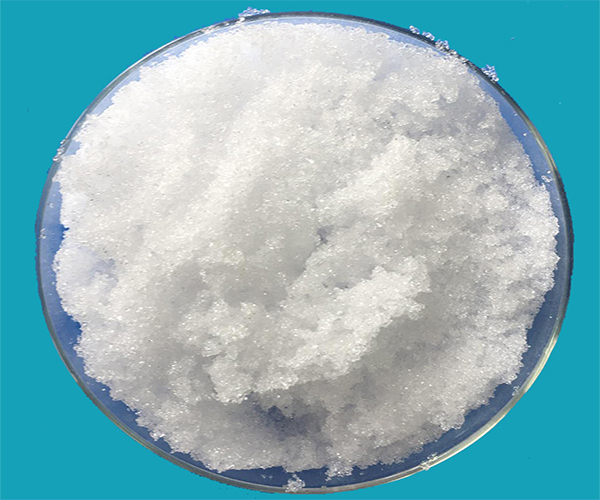Barium carbonate (BaCO₃) is a white, odorless, and heavy crystalline powder that is insoluble in water but dissolves in acids, releasing carbon dioxide. It occurs naturally as the mineral witherite, though it is primarily produced industrially by reacting barium sulfide (BaS) with carbon dioxide or sodium carbonate. Barium carbonate is highly toxic and requires careful handling due to its reactivity and potential health risks.
Uses of Barium Carbonate
Glass and Ceramics: Acts as a flux in glass production, improving durability and refractive index in optical glasses. Also used in ceramic glazes to enhance brightness and stability.
Brick and Tile Manufacturing: Added to clay mixtures to reduce efflorescence (salt deposits) and strengthen finished products.
Chemical Synthesis: A precursor for producing other barium compounds, such as barium chloride, barium nitrate, and barium titanate (used in electronics).
Electronics: Key material in manufacturing thermistors, capacitors, and ferrite magnets due to its dielectric properties.
Rodenticides: Historically used in poison baits for rodents, though its application is now restricted in many regions due to toxicity concerns.
Wastewater Treatment: Neutralizes sulfuric acid and removes sulfates from industrial wastewater via precipitation.
Pyrotechnics: Occasionally used in fireworks to produce green-colored flames, though alternatives are preferred for safety.
 English
English Español
Español Português
Português Français
Français Deutsch
Deutsch Русский
Русский 中文
中文 日本語
日本語
